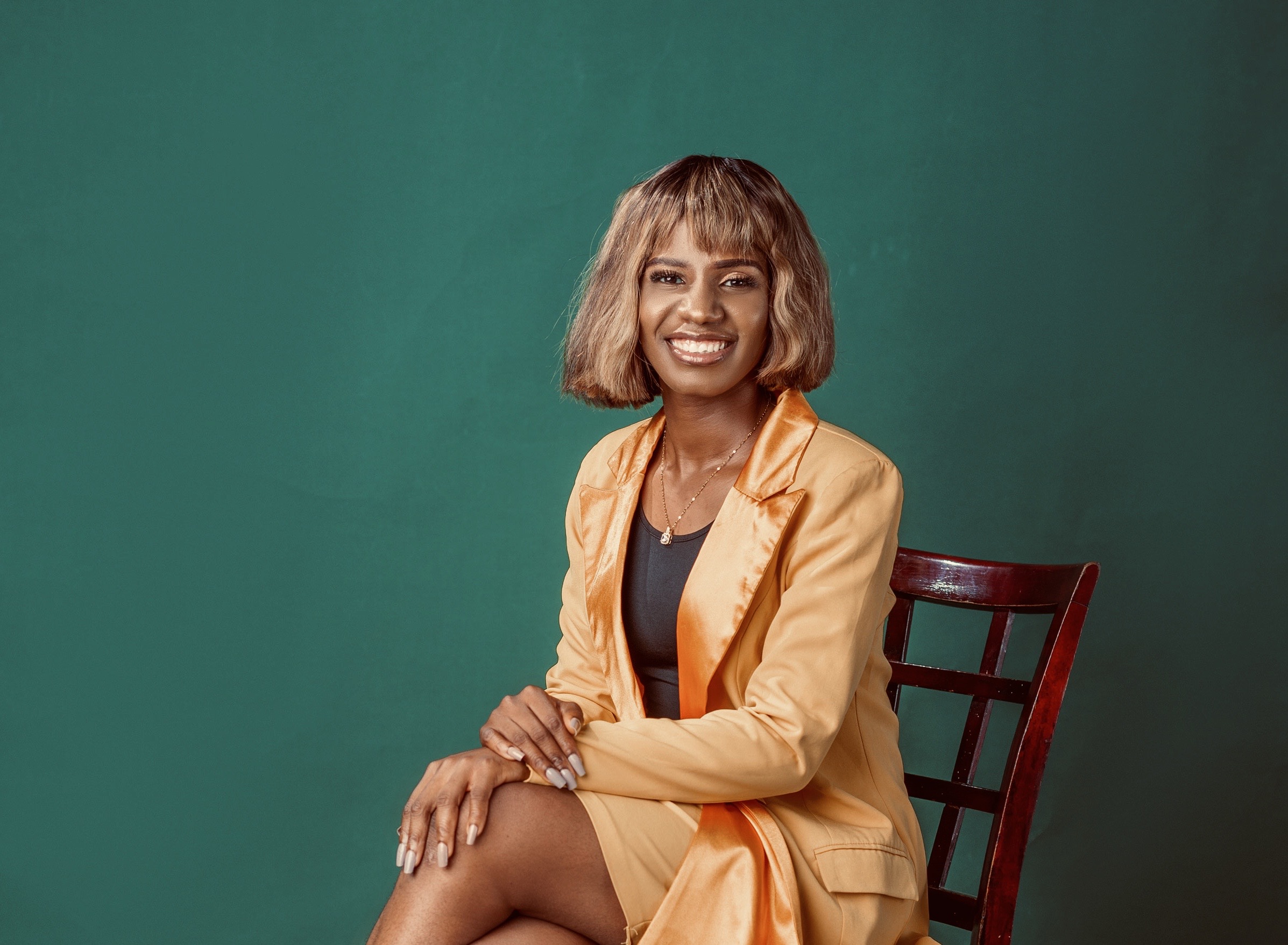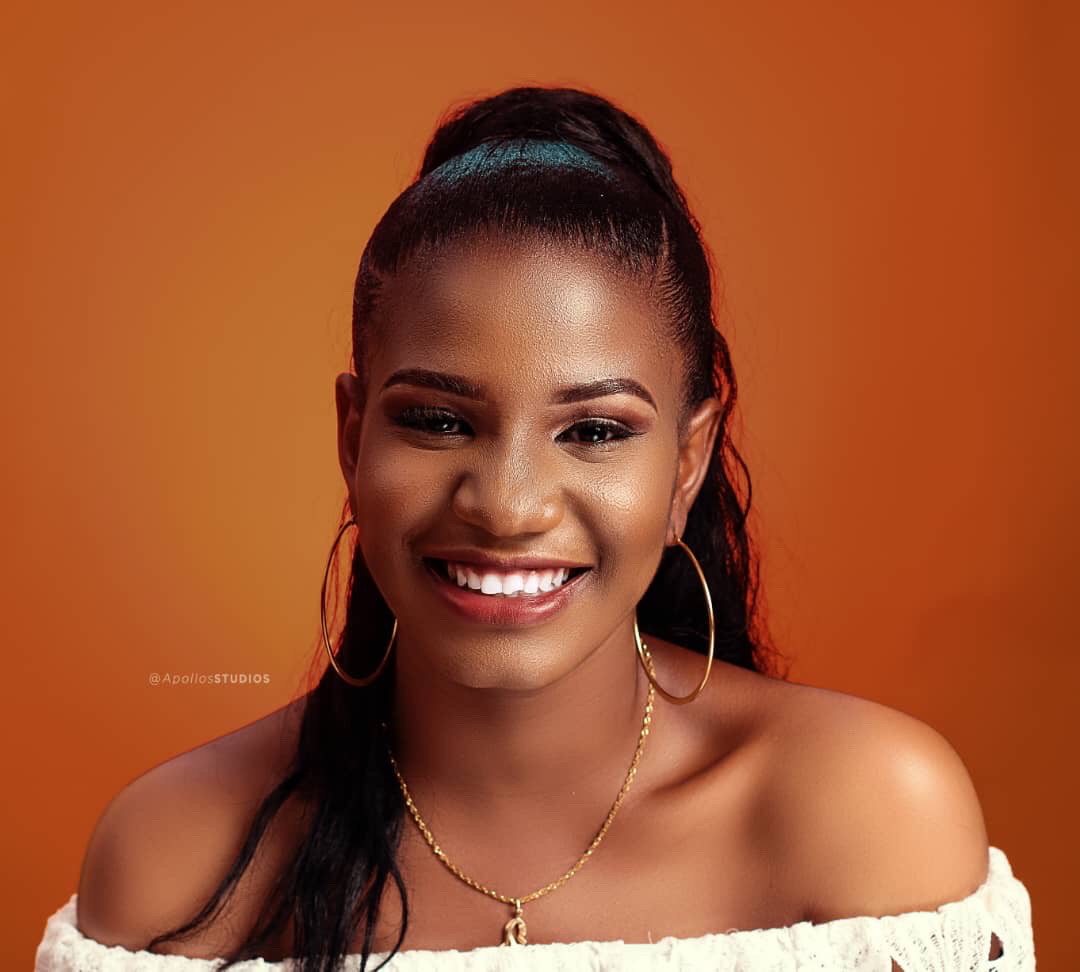THE LEADER
I wanna be the leader, I wanna be the leader, Can I be the leader? Can I? I can? Promise? Promise? Yippee I'm the leader, I'm the leader.

OK what shall we do?
Analysis/ Review of the poem.
A short fasinating poem written by Roger McGough that teaches his audience (especially the youths) on leadership. I find this poem funny and interesting. The tone of the poem is free and lively and language is informal and simple. The poem ended with a question which leaves it's reader in suspense or puzzle. Showing a gap that need to be filled in the poem.
The poem is an open conversation between two voice. One who want to be a leader but has no knowledge of what leadership is all about. Looking at the discourse of the discussion which is leadership, one will agree that they are qualities of leadership. It is not just want one choose to become but it is an office with responsiblity to accomplish goals assign to that position. It is not want one claim to be or want to be for no reason.
The last line of the poem that the voice that repeatedly says it want to be leader, has no clue at all of what leadership entails. And that is gap formed in the poem.
The last line of the poem that the voice that repeatedly says it want to be leader, has no clue at all of what leadership entails. And that is gap formed in the poem.
This teaches young people who see themselves in similar position but has no knowledge about leadership to learn and understand leadership skills.
Today, we have people occupying leadership positions with no idea of what they ought to do. Their roles, obligations and duties of a leader. And it is affecting our world system. A lot of people want to be a leader but doesn't have what to take to act like one. The poem prepare our leaders of tomorrow, that is the youths to face this truth and embrace the change that comes with it.
The poetic device used in the poem includes; Repetition, Alliteration and rhetorical question.
Repetition: the words/phrase such as I wanna be a leader, I'm the leader, Can I, was repeated twice in the poem.
Alliteration: the repetition of usually initial consonant sounds in two or more neighboring words or syllables. Example from the poem are “Promise? Promise?” and “Can I? I can?”
Rhetorical questions is seen in the poem.

